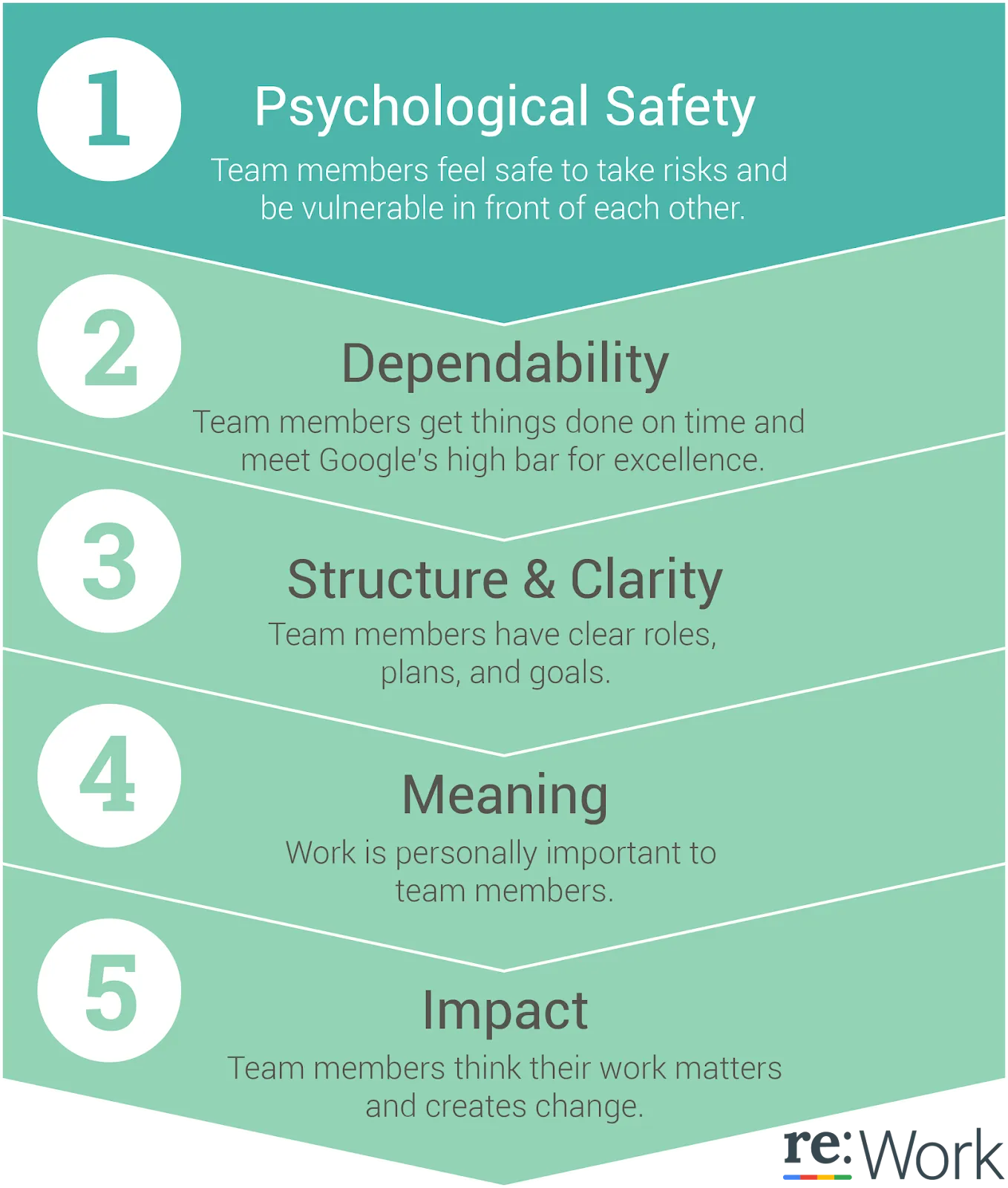September 3, 2025
It’s tempting to think that once we’ve aligned on the ideas - a strategy, an action plan, a policy framework - delivery should naturally follow. But alignment on paper doesn’t guarantee alignment in practice.
What truly drives delivery is relational alignment: the trust, understanding, and mutual commitment built between people.
Research on high-performing teams - from Google’s Project Aristotle to Amy Edmondson’s work on psychological safety - shows that relational dynamics are the strongest predictor of delivery outcomes.

Relational alignment doesn’t come from smoothing over differences. It comes from creating space for healthy dissonance - where people can honestly share worries, doubts, and preferences.
When those concerns are received with openness rather than defensiveness, trust grows.
That trust is what enables teams to go the extra mile and extend each other the benefit of the doubt.

Facilitation plays a critical role in making delivery relational.
A good facilitator doesn’t just keep meetings on track - they make it safe for differences to surface. They frame disagreement as a resource, not a threat.
By guiding dialogue through structured processes, facilitators ensure that alignment isn’t just intellectual but relational.
“Strong facilitation creates the shift from “we agree on the plan” to “we’re in this together.” —Ez Bridgman, Opus Group
The payoff is significant: fewer breakdowns, more resilience when things don’t go as planned, and stronger, more sustainable outcomes.

When people feel safe to speak openly, they spot risks earlier, solve problems more creatively, and commit fully to shared goals.
In your next team session, don’t just run through the agenda - pause at key moments to ask two questions:
This dual lens - structure and emotional dynamics - helps surface risks, build trust, and strengthen commitment.
Relational alignment isn’t “soft work.” It’s the infrastructure of delivery.
“Alignment isn’t just about the plan. It’s about whether people trust each other enough to carry it out together.”
— Ez Bridgman, Opus Group

How might you create more space for healthy dissonance in your delivery process?

"Psychological safety is the belief that you won’t be punished or humiliated for speaking up with ideas, questions, concerns, or mistakes."
—Amy C. Edmondson